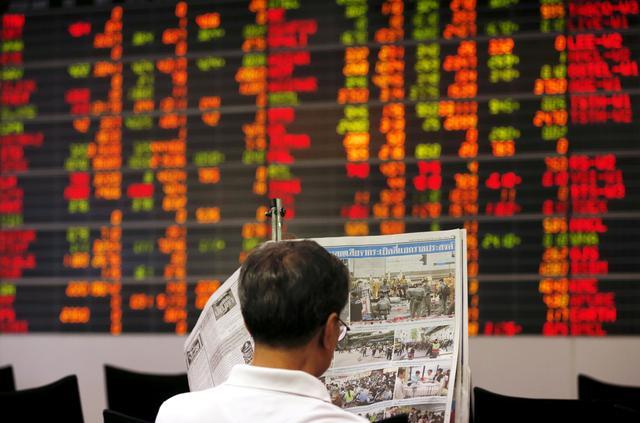Turkey aims to attract 60 million foreign tourists this year, according to Tourism Minister Mehmet Nuri Ersoy. Speaking at a press conference to unveil Turkey’s tourism strategy for 2023-2028, Ersoy said the target is 90 million tourist arrivals for 2028. The country also aims for USD 56bn in tourism revenue this year. Ersoy noted that Turkey ended last year with 51.4 million foreign tourists and tourism revenue of USD 46.3bn. On the other hand, Turkey aimed for 75 million tourist arrivals and tourism revenue of USD 65bn for 2023 in line with the ‘2023 Tourism Strategy’ that was launched in 2019.
Turkey ended 2022 when the economic model, which aimed to close the current account deficit with a strong growth impact in exports was implemented, at a record-high foreign trade deficit. Turkey’s exports increased by 13% to USD 254.2bn and imports climbed by 34% to USD 263.7bn in 2022, year-over-year. The foreign trade deficit, meanwhile, jumped 137% to over USD 109.5bn in the same period. The export/import coverage ratio dropped by 13 points to below 70% in this period. The adverse outlook in the country’s foreign trade figures stemmed from the ongoing surge in oil and natural gas prices as well as gold imports.
Turkey’s benchmark stock index ended yesterday at 4,976.55 points, diving 2.35% from the previous close. Starting the day at 5,076.89 points, Borsa Istanbul’s BIST 100 index dropped by 119.74 points from Monday’s close, with a daily trading volume of TRY 89.1bn. The index’s lowest value during the day was 4,955.48, while its daily high was 5,111.74. The global equity markets had a fluctuant course before the Federal Reserve’s (FED) interest rate decision, according to analysts. They also said 4,940 points will be the support level and 5,250 points will be the resistance level for the BIST 100 index, in technical terms.
The government expects some TRY 100bn (USD 5.32bn) in payment as part of a restructuring of public debt worth TRY 1tr under a draft law, an impact analysis report submitted to a parliamentary commission showed. The restructuring package will allow individuals and companies to catch up with unpaid tax and social security debt, in a move seen to gather support for President Tayyip Erdogan ahead of the elections to be held in May, according to Reuters. The analysis showed tax offices will be able to collect TRY 43.5bn from some TRY 521bn receivable, while the social security institution is expected to collect TRY 47.8bn from TRY 196bn outstanding as part of the law. The draft law includes scrapping public debt below TRY 2,000, meaning the public institutions will give up collecting some TRY 4.6bn, according to the analysis.
DAILY AGENDA
The Istanbul Chamber of Industry (ISO) Turkey Manufacturing Purchasing Managers Index (PMI) increased from 48.1 to 50.1 in January, month-over-month.
Meanwhile…
>> Turkey’s hotel occupancy rate increased by 28% to an average of 66.7% in 2022, compared to the previous year, according to the Hotel Association of Turkey (TUROB).
>> The maturity of the domestic borrowing has been raised to 70 months as of the end of 2022 with the long-term borrowing strategy, according to Treasury and Finance Minister Nureddin Nebati. The maturity was around 34 months in 2020 and stood at 53 months in 2021.
>> The consolidated net profit of Sabanci Holding’s banking subsidiary Akbank totaled TRY 60.02bn last year. The bank provided a TRY 757bn loan support to the economy last year.
>> The Banking Regulation and Supervision Agency (BDDK) has revised the FX rate of the Central Bank that is used in the calculation of banks’ capital adequacy ratio from the rate on December 31, 2021, to December 31, 2022. The turnover limit for SMEs in Turkey has been raised to TRY 500m while the retail loan limit has been determined at TRY 20m.
READ A SELECTED ARTICLE FROM OUR MAGAZINE:
>> Everyone plays a waiting game
Our Eco Analysis Columnist Alaattin Aktas examines the confidence indices in the light of elections.










